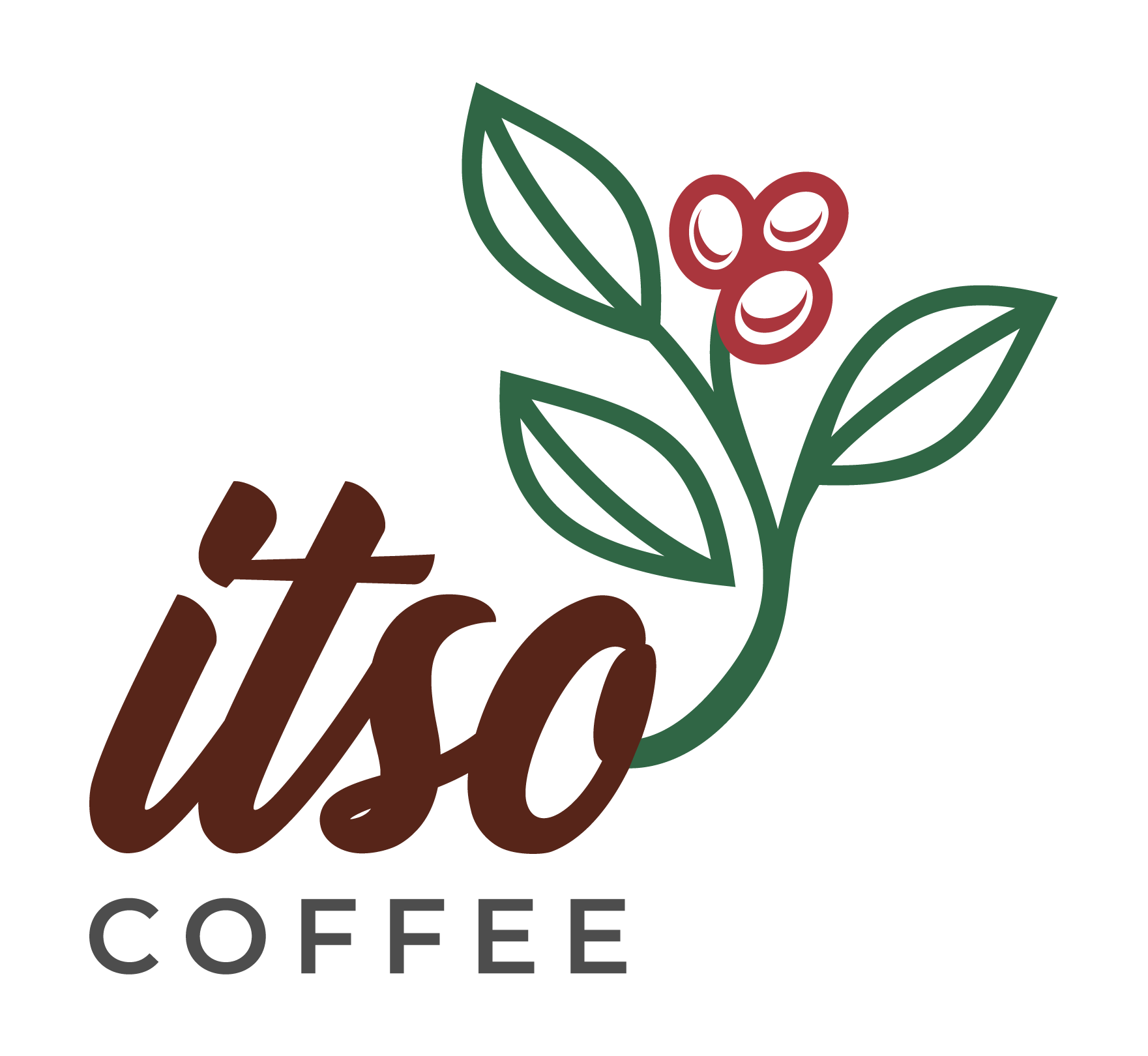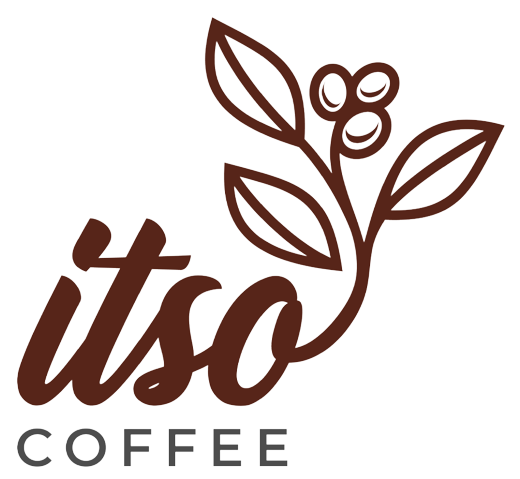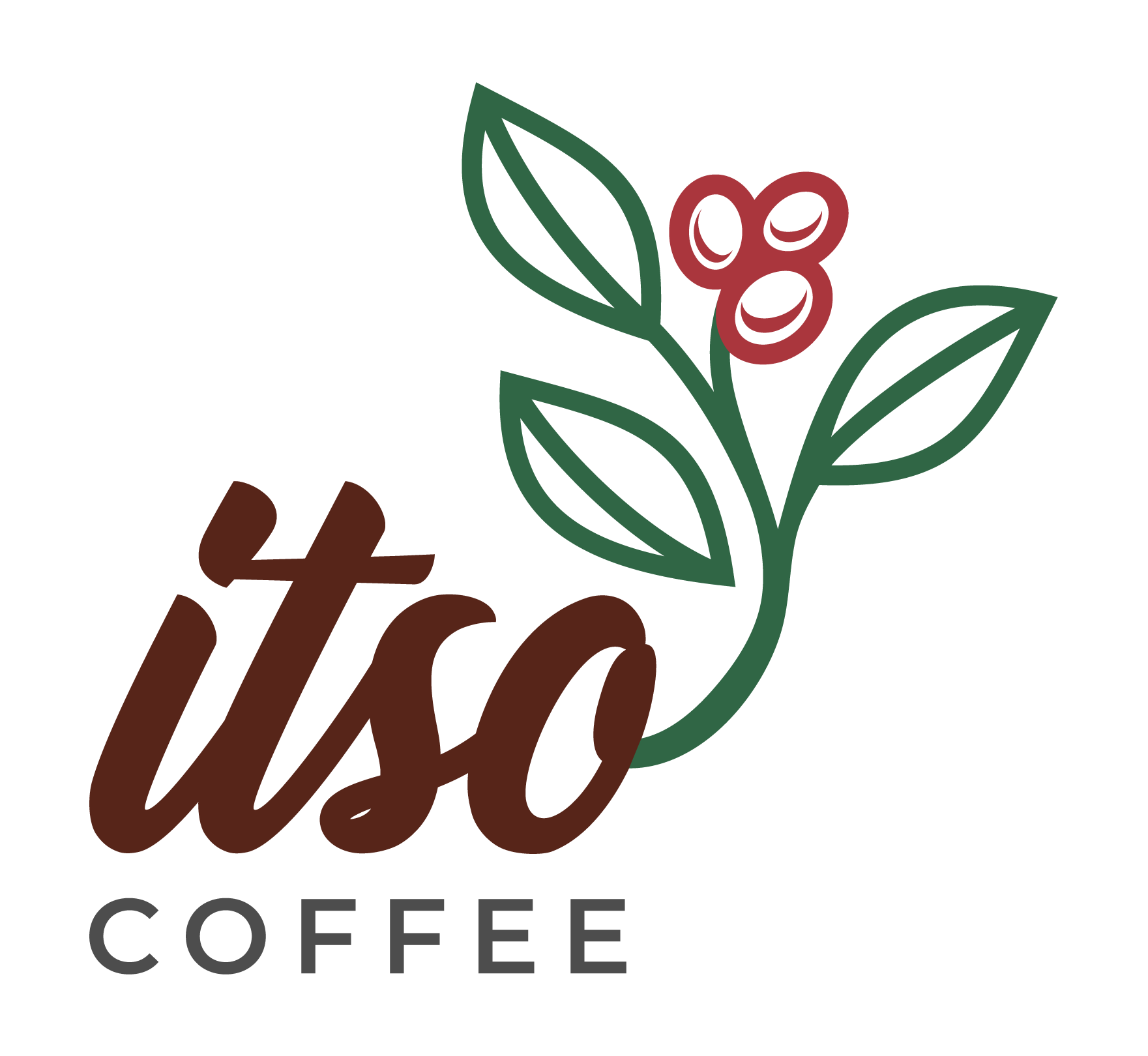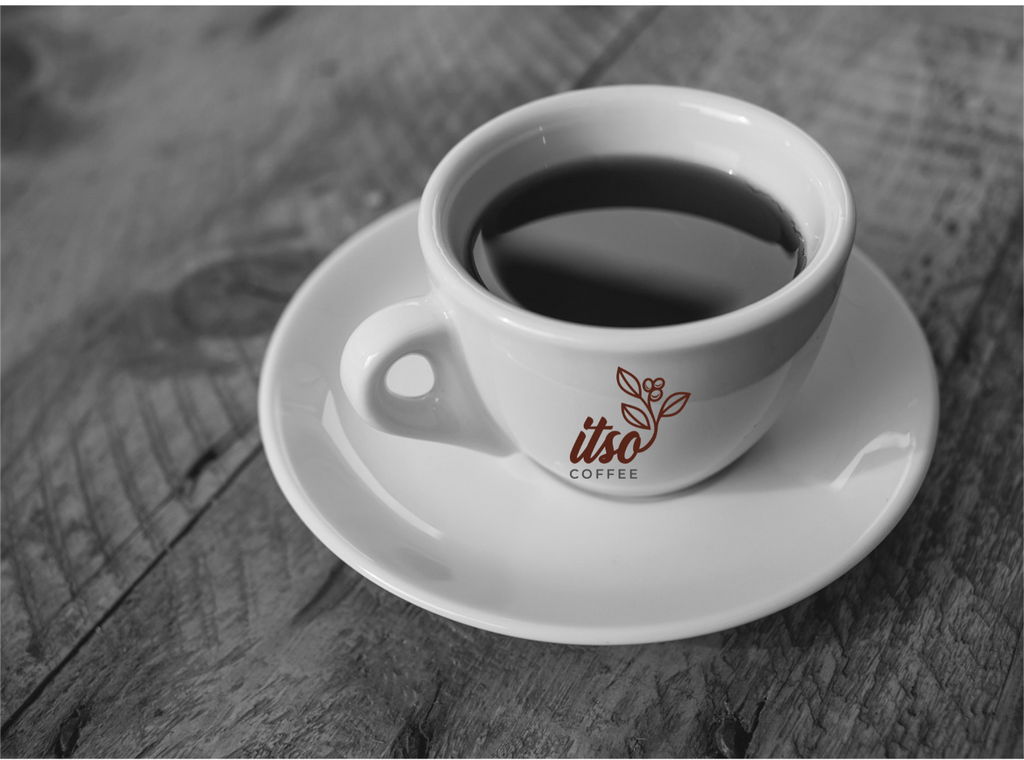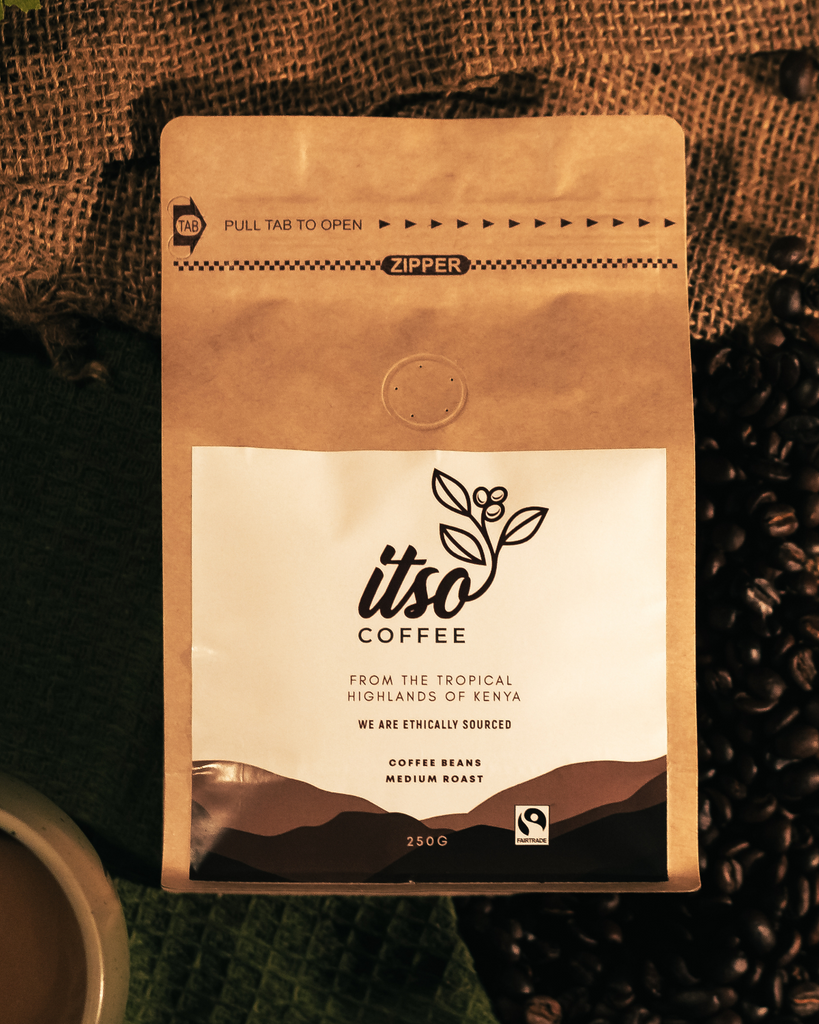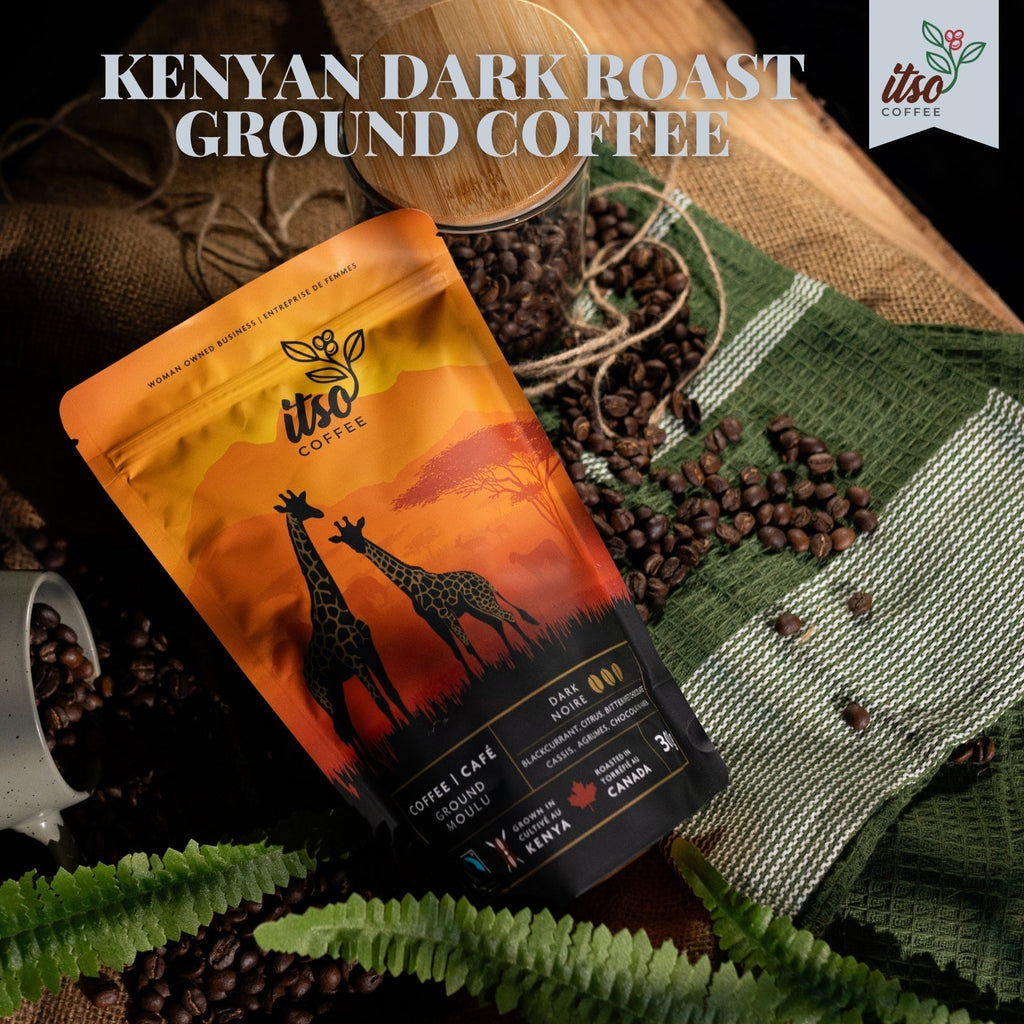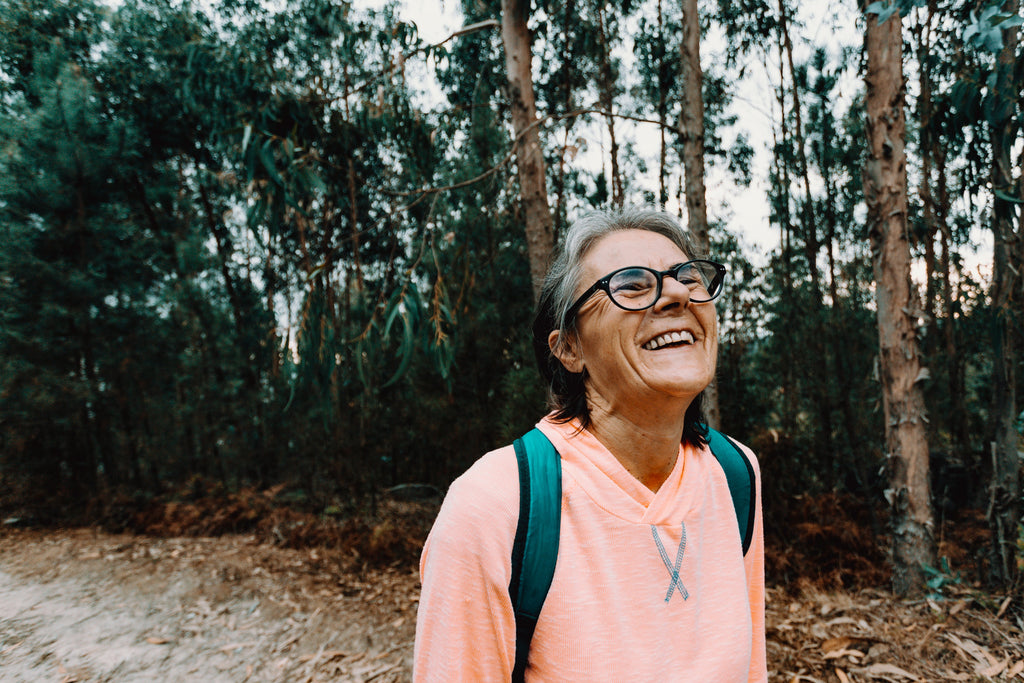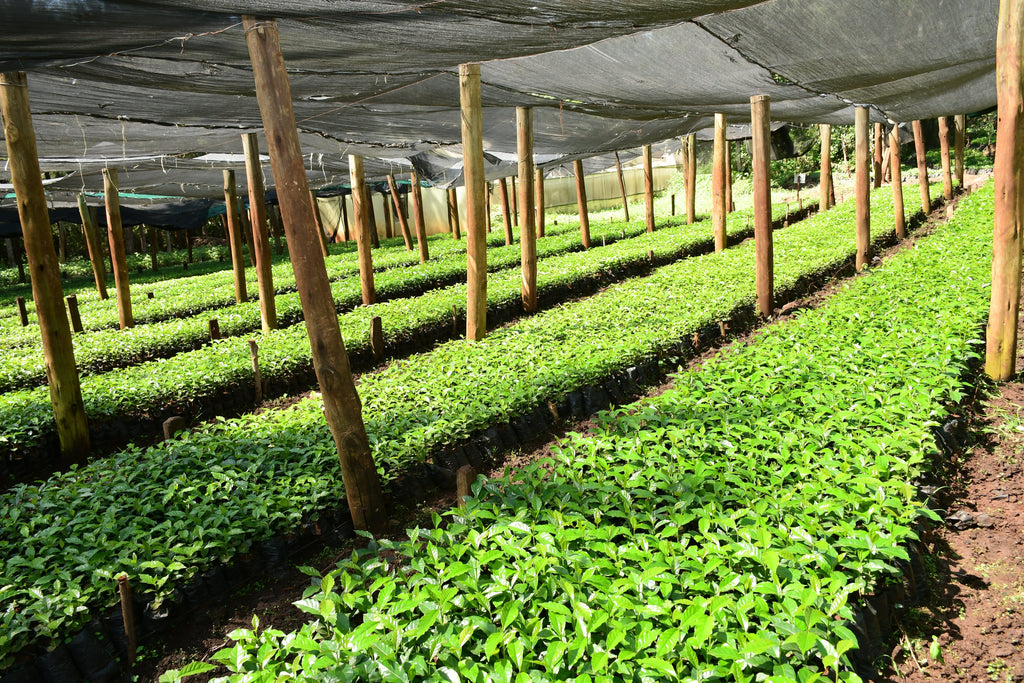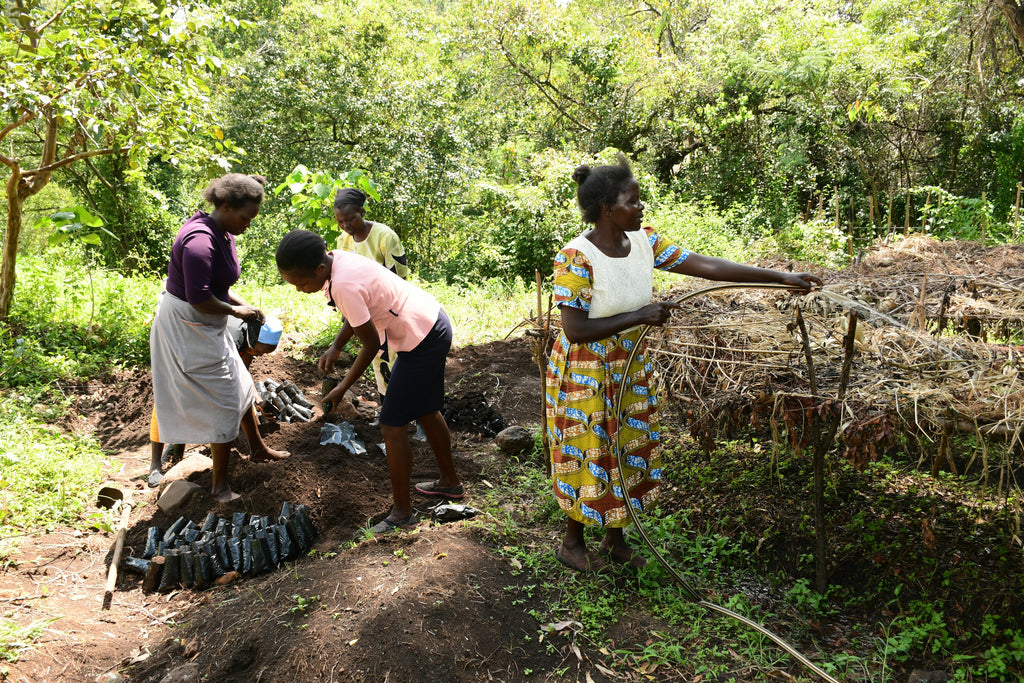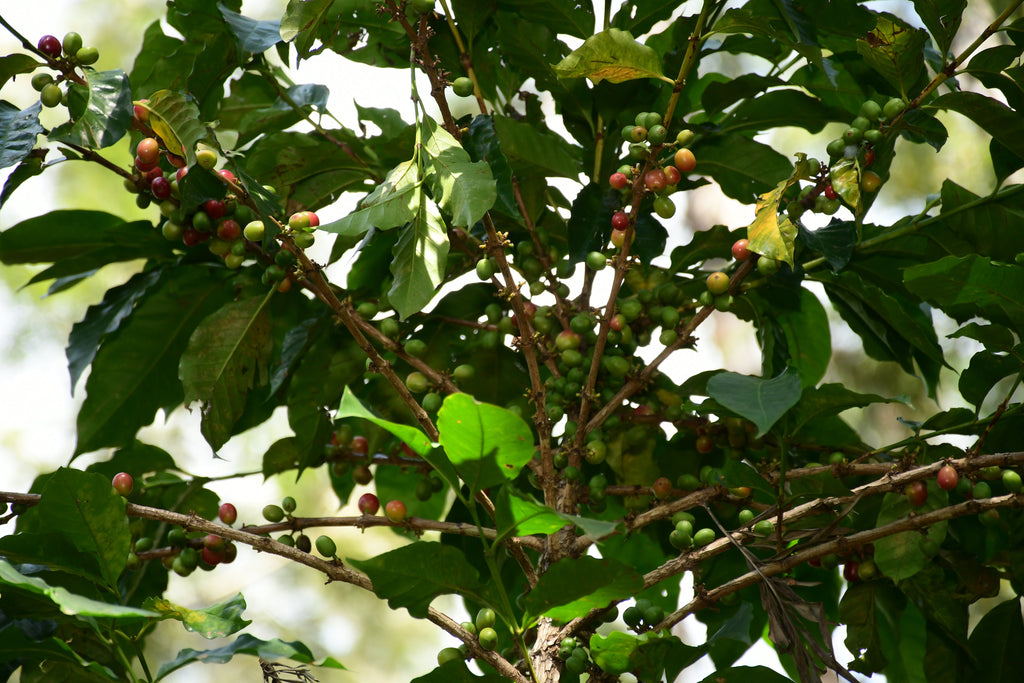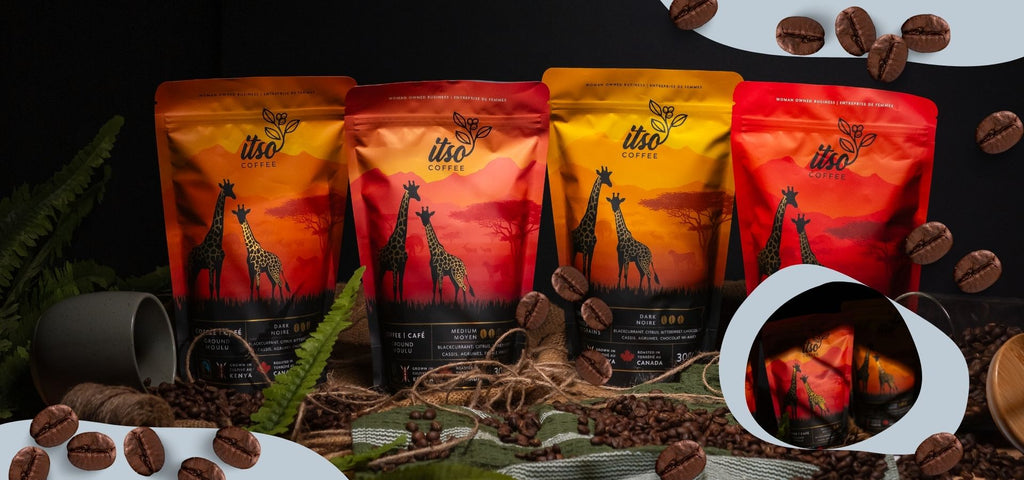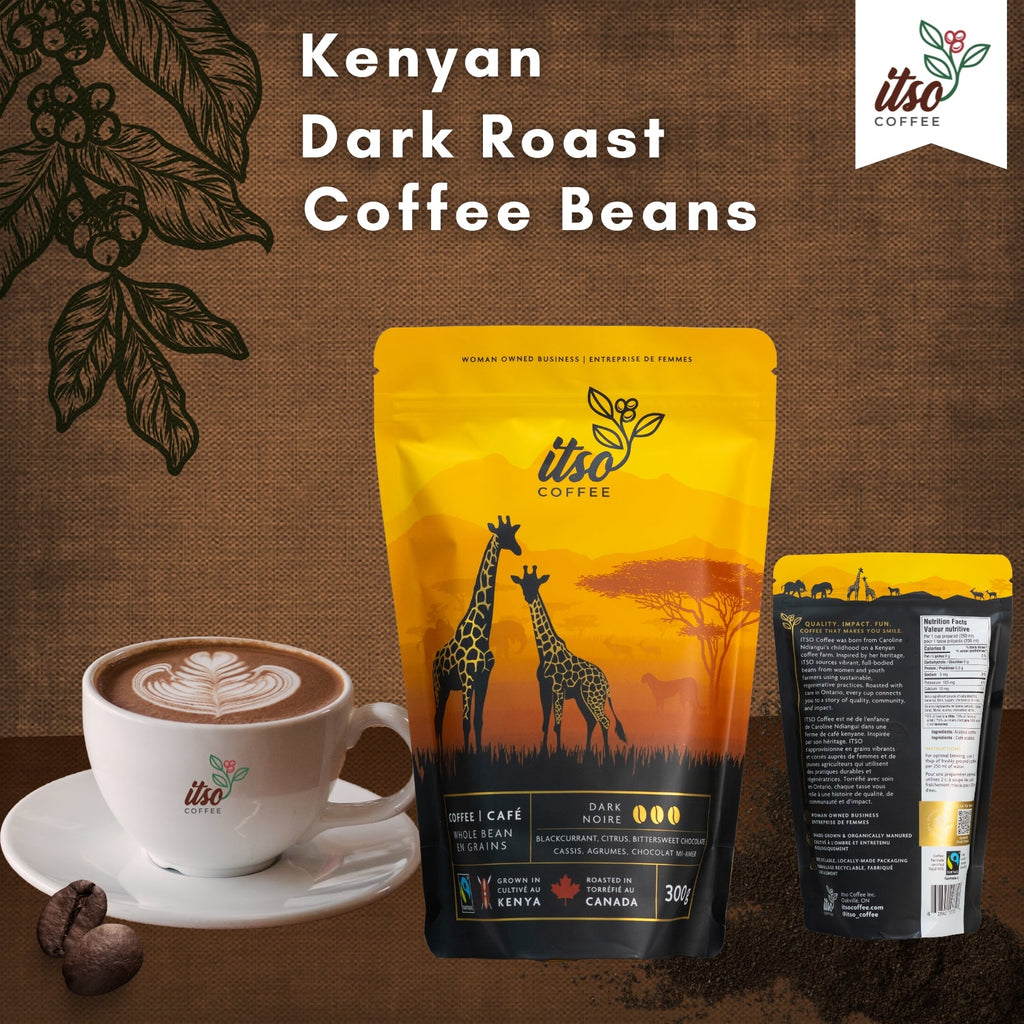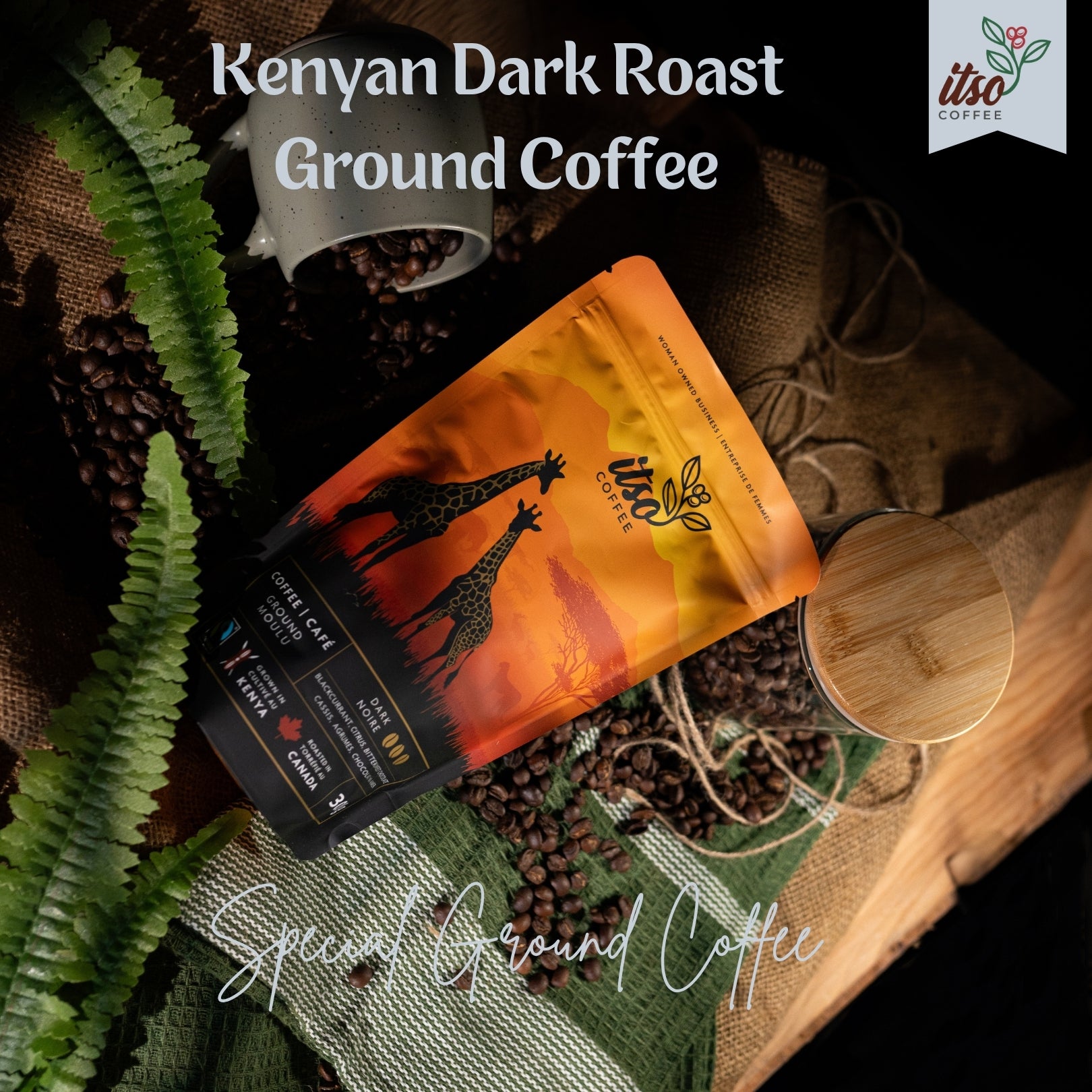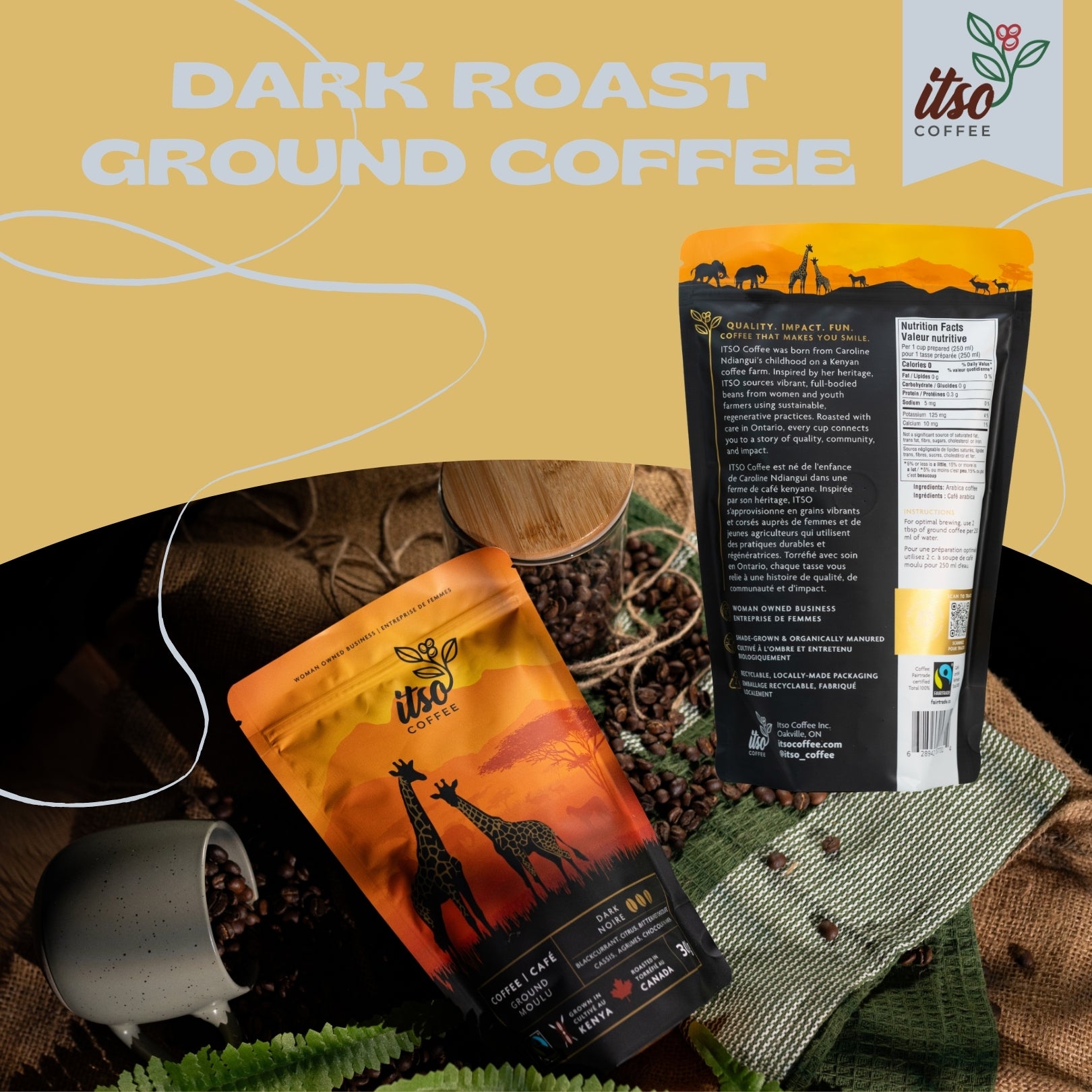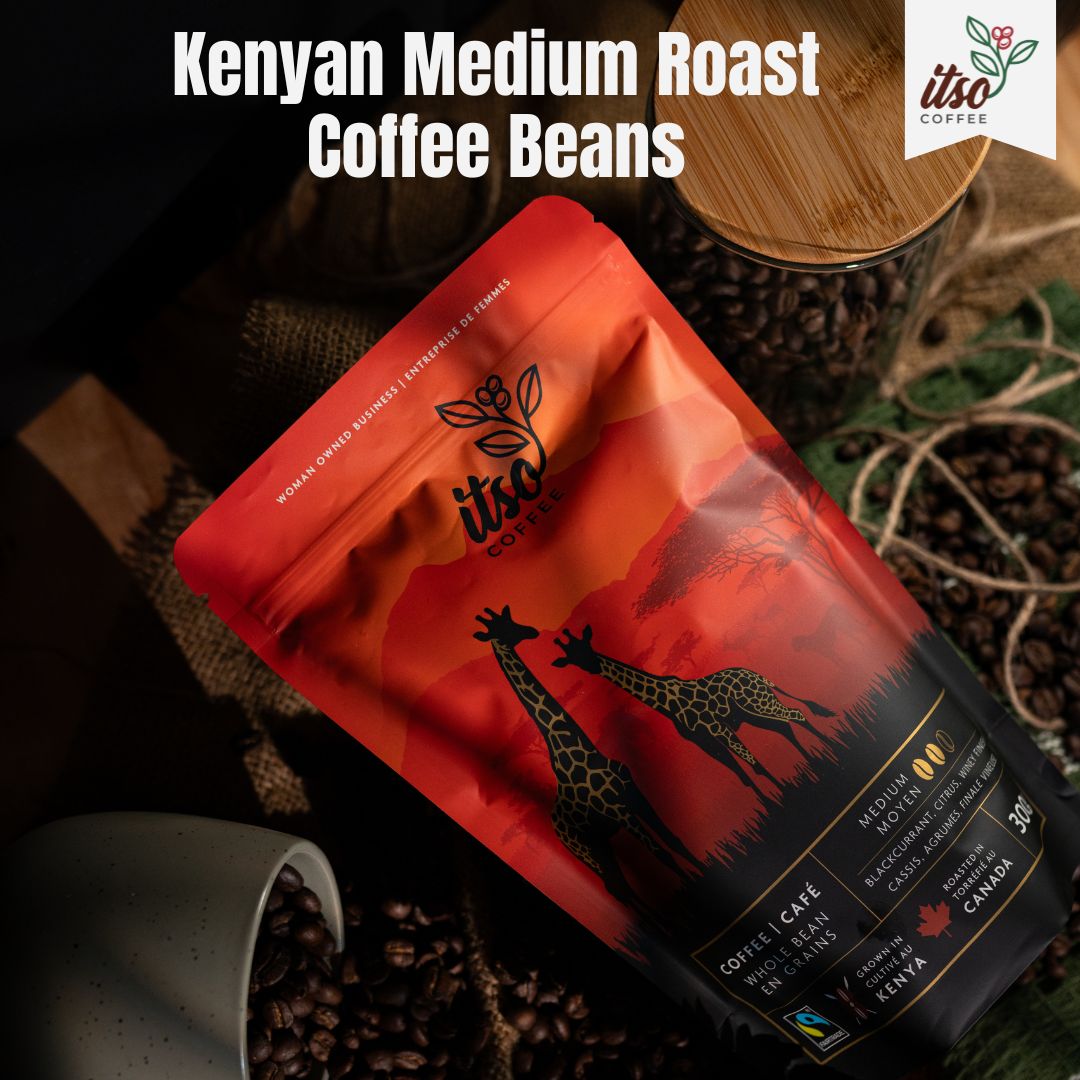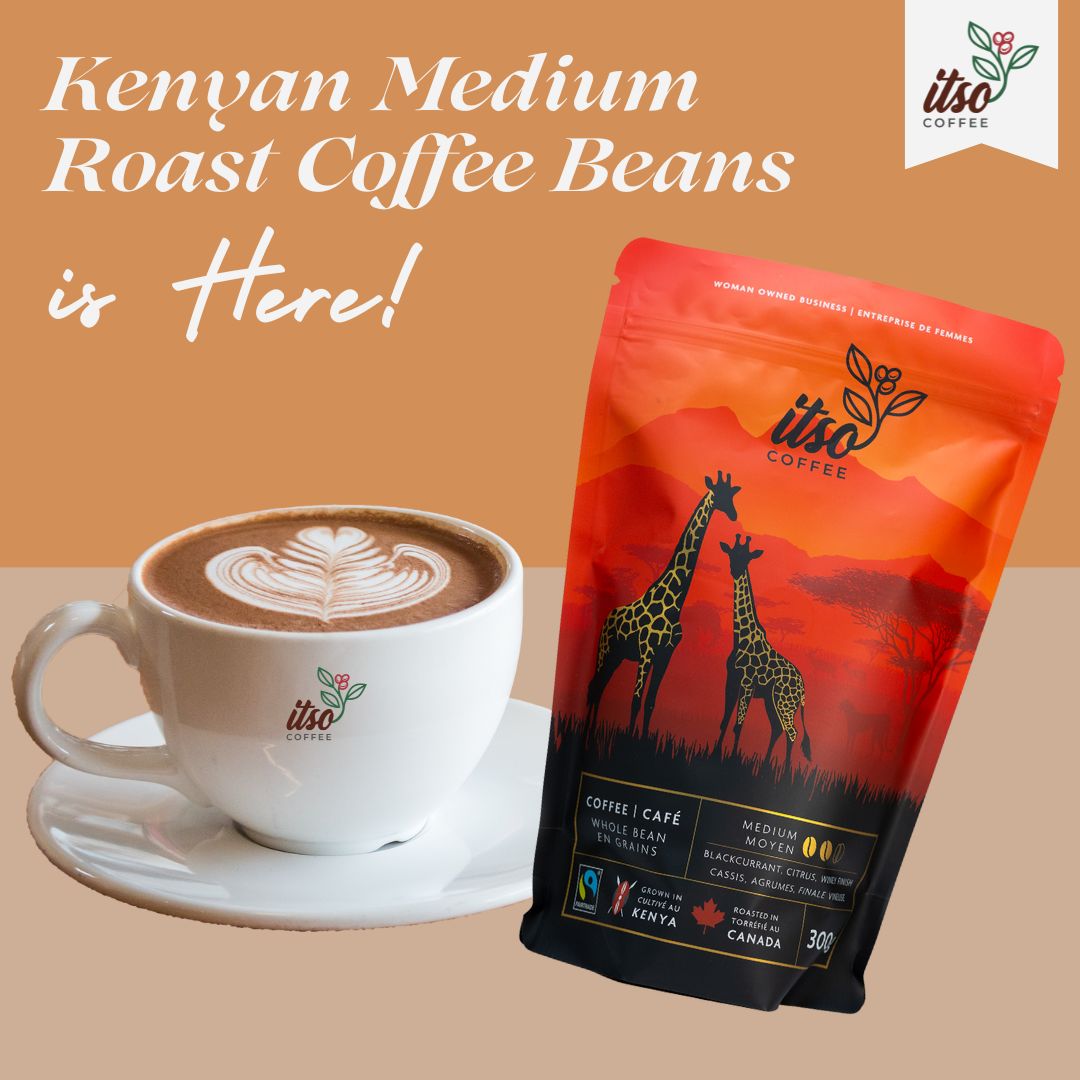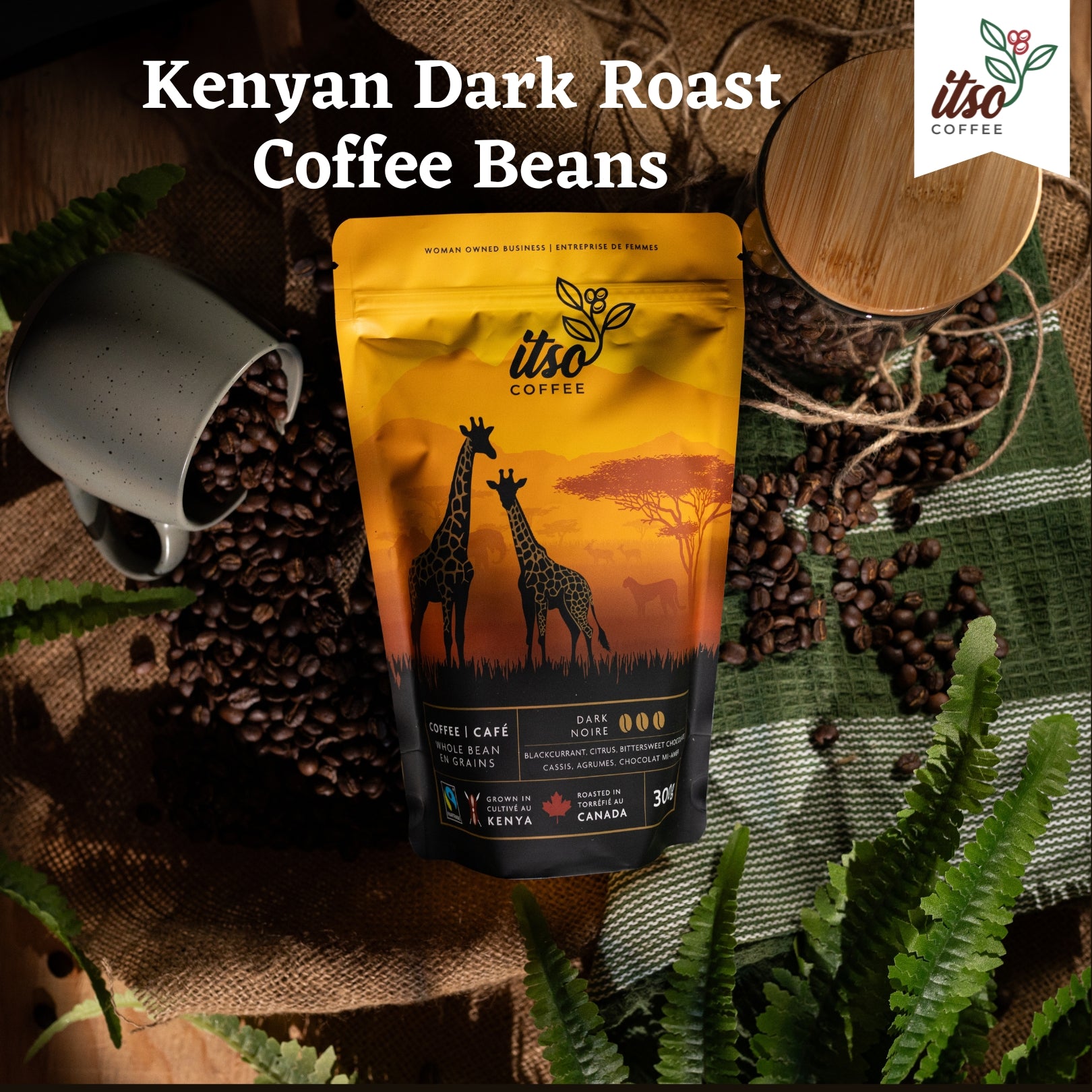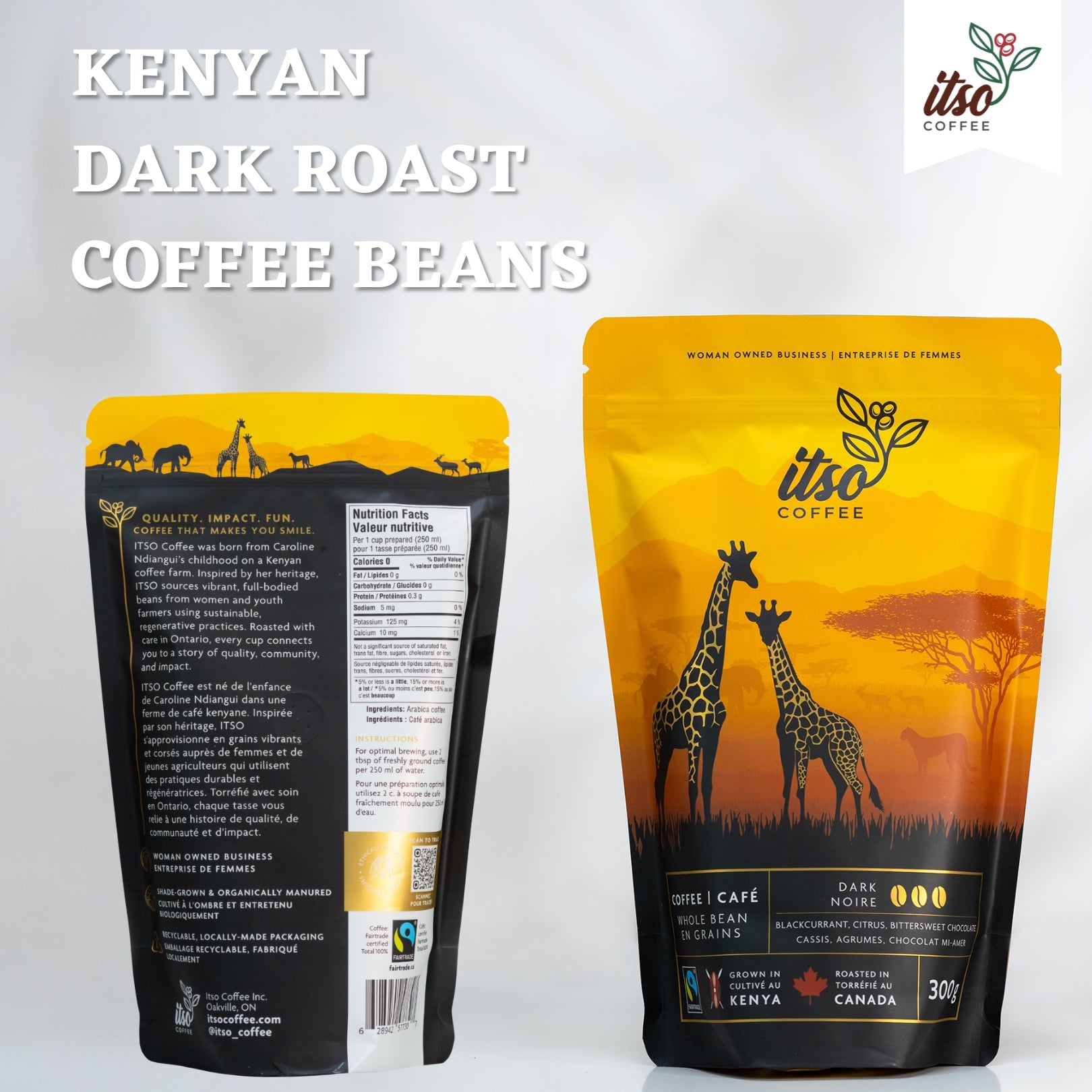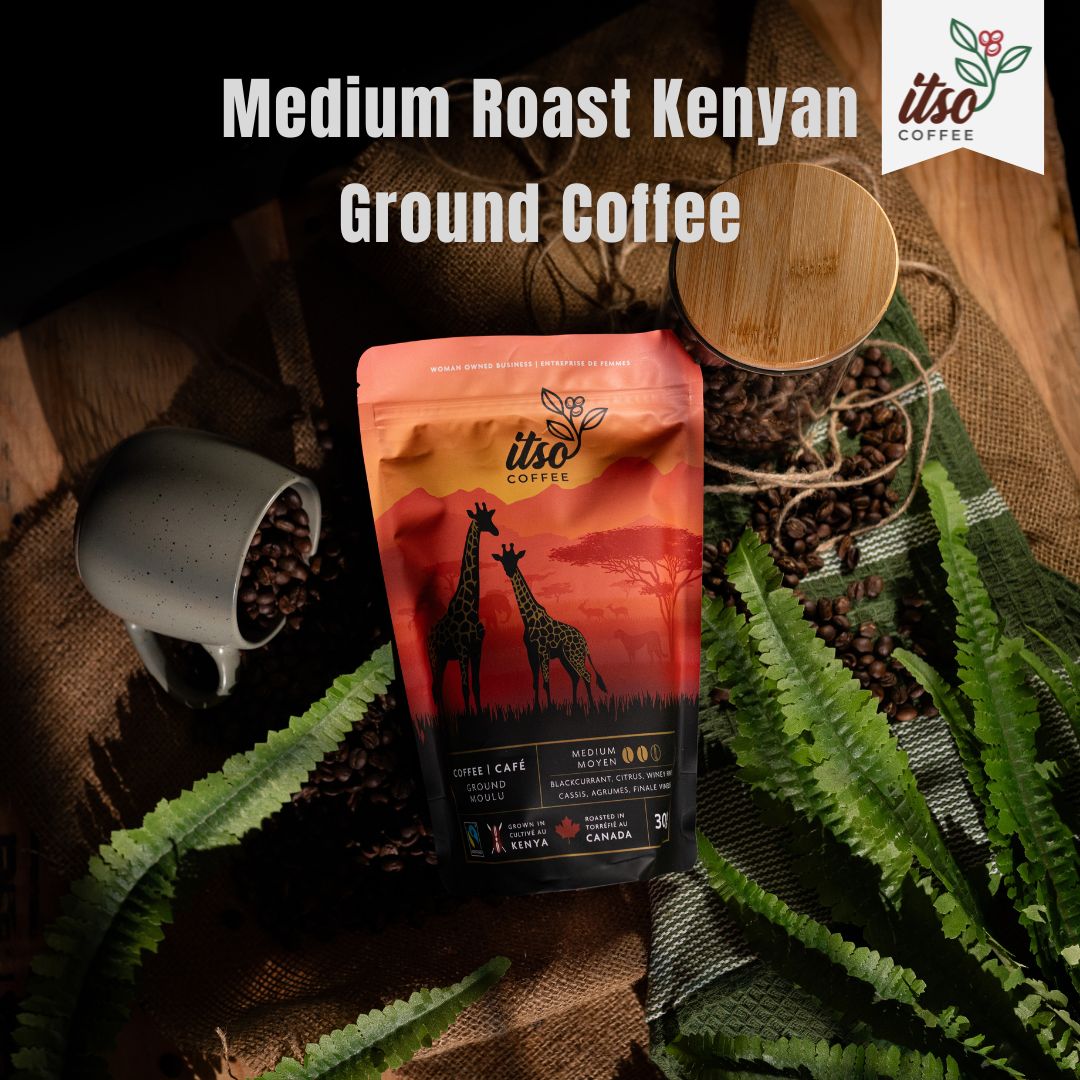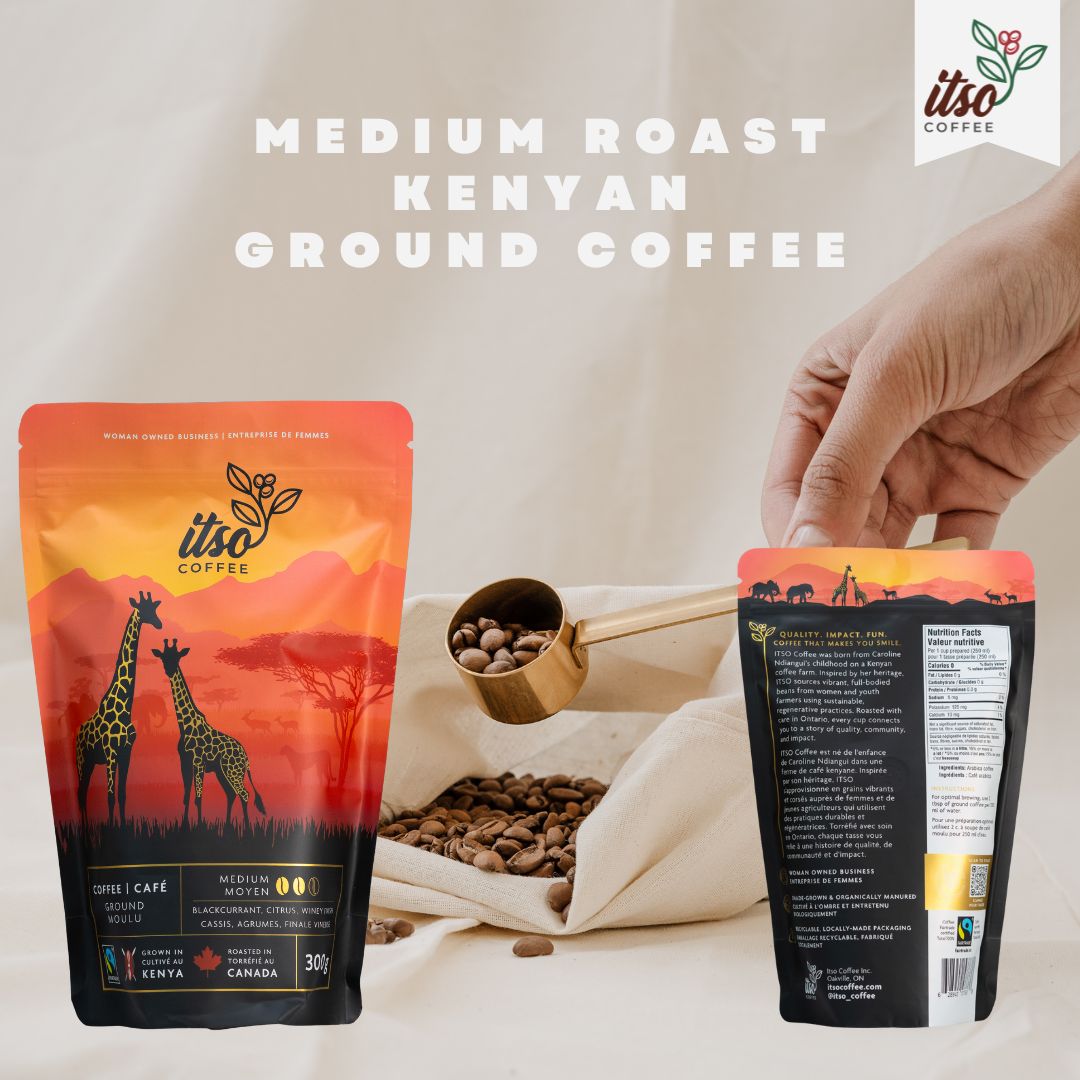
Empowering Communities in Kenya Through a Women-Owned Coffee Brand in North America

Introduction
Across the world, women are reshaping agriculture. In Kenya, where coffee farming has long been considered a man’s domain, women are breaking barriers — leading cooperatives, owning farms, and redefining success.
A woman-owned coffee brand in North America is proud to stand alongside them. By connecting Kenyan women farmers directly to international markets, ITSO Coffee helps create fair opportunities and lasting impact — one cup at a time.
Coffee: A Path to Empowerment
Coffee is more than just a crop — it’s a vehicle for independence and progress.
For women in Kenya, coffee farming offers an opportunity to earn income, gain financial stability, and achieve economic independence.
When women work directly with cooperatives and ethical buyers, they earn fair wages and secure long-term partnerships. These incomes fund education, healthcare, and community development projects — transforming every bag of coffee into a tool for empowerment.

Fair Trade and Ethical Sourcing
North American consumers are increasingly aware of how and where their coffee is produced. Transparency and sustainability now shape purchasing decisions — and women-owned coffee brands are leading this ethical revolution.
At ITSO Coffee, we ensure Kenyan farmers receive fair compensation through direct and transparent trade partnerships. By removing unnecessary middlemen, we build trust between producers and buyers, allowing more value to flow back to the people who grow the coffee.
This is Fairtrade in action — not just a label, but a commitment to fairness and integrity at every step.
Building Sustainable Communities
Sustainability sits at the heart of every women-led coffee initiative.
Kenyan women farmers are leading the transition to eco-friendly agriculture, employing practices such as:
- Organic farming that protects soil and water quality
- Tree planting to conserve biodiversity
- Composting and recycling to minimize waste
- Use of renewable energy for processing and roasting
These methods safeguard both the environment and the livelihoods of future generations. The result is a virtuous cycle — one that benefits farmers, consumers, and the planet alike.
Strengthening Cultural Connections
Every cup of Kenyan coffee tells a story — of tradition, resilience, and heritage.
Through women-owned coffee brands, those stories travel from the highlands of Kenya to homes across North America.
By purchasing Fairtrade coffee online, consumers enjoy world-class flavor while forming meaningful connections with Kenyan culture. Each sip becomes an act of appreciation — bridging distance and fostering understanding between communities.
Challenges Women Farmers Still Face
Despite the progress, challenges persist. Many women farmers still struggle to access land ownership, credit, training, and technology. Climate change further threatens yields and stability.
Yet, Kenyan women in coffee are resilient. Through cooperatives and mentorship, they are finding new ways to adapt and thrive. Conscious consumers and responsible companies — like ITSO Coffee — play a vital role in closing these gaps through partnership and advocacy.
The Power of Consumer Choice
Every purchase matters.
When you choose to buy from a women-owned coffee brand, you are supporting gender equality, sustainability, and fair trade.
Each order helps create stronger communities, fund women’s leadership, and shape a more equitable coffee industry.
It’s a small act with a powerful ripple effect — transforming everyday consumers into champions of global change.
The Economic Impact of Women in Coffee
Coffee grown and marketed by women-owned brands is fueling economic transformation in Kenya.
By connecting women farmers to global markets, we help generate higher household incomes, stimulate local economies, and reduce poverty.
This economic empowerment extends beyond the farm, improving access to education, healthcare, and entrepreneurship for the next generation — creating a ripple effect that lifts entire communities.
Education Through Coffee Earnings
Education is one of the most meaningful outcomes of women’s success in coffee farming.
With reliable income, mothers can afford to send their children to school, breaking cycles of poverty and unlocking new opportunities.
Many women farmers also invest in educational programs that teach sustainable farming and entrepreneurship — ensuring that the next generation continues to innovate and lead.
Women Leaders in Agriculture
Leadership is the cornerstone of transformation.
In Kenyan coffee cooperatives, women leaders are proving that inclusive decision-making leads to better outcomes — from equitable resource distribution to progressive agricultural policies.
By leading at the farm and policy levels, these women are shaping a fairer, more sustainable coffee industry — inspiring others to follow in their footsteps.
Global Partnerships for Progress
Women-owned coffee brands are gaining global recognition, supported by partnerships and initiatives that promote fairness, culture, and sustainability.
Through collaboration among producers, consumers, and international organizations, we can build a future where women farmers in Kenya thrive, and every cup of coffee reflects dignity, fairness, and shared prosperity.
The Future of Women in Coffee
The movement is only growing stronger.
As more women take leadership roles across the coffee value chain — from farms to roasteries — they are redefining what coffee means to the world.
With their vision and determination, Kenyan women farmers are shaping a future where sustainability and equality go hand in hand — and every cup tells a story of empowerment.

☕ For more updates and farmer stories, follow ITSO Coffee on Facebook and Instagram.
Frequently Asked Questions
1. Why are women-owned coffee brands valuable for communities in Kenya?
They promote gender equality, fair wages, and financial independence — enabling women to improve their families’ and communities’ quality of life.
2. What difference does it make when I buy coffee from women-owned brands?
Every purchase supports fair trade sourcing, sustainable farming, and community development in Kenya.
3. What challenges do women coffee farmers face?
Access to land, financing, and training remain significant barriers, compounded by climate change.
4. Is women-owned Kenyan coffee sustainable?
Yes. Women-led cooperatives focus on eco-friendly farming, organic methods, and renewable energy use.
5. Where can I buy coffee from women-owned Kenyan brands?
You can find ITSO Coffee and other Fairtrade Kenyan coffees through ethical retailers and specialty coffee stores across North America.
